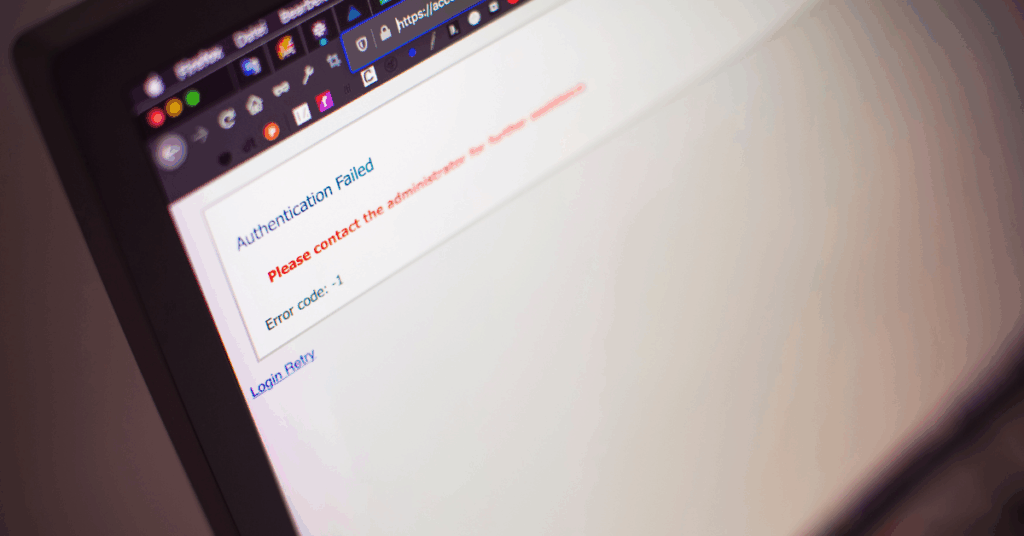Cybersecurity Awareness Month is here, and if ever there was a time to tune up your digital safety, it’s now. Every organization, especially those in healthcare or who handle financial transactions, should view cybersecurity not as a technical chore but as a core part of protecting clients, employees, and the brand. Let’s break down the essentials and add a healthy dose of real-world wisdom you can use.
Websites: Critical Gateways to Trust
Websites are more than an online brochure. They are the main conduit to your business, client information, and sometimes even money. For healthcare practices, websites have become digital clinics, with private health details that need to be locked down with rigorous safeguards. Required compliance rules like HIPAA have stiff penalties for mishandling data, but beyond rules, the real risk is losing trust when users feel exposed.
E-commerce sites have their own responsibilities, managing financial data and being held to standards like PCI. Security should not be static. Continually audit for vulnerabilities, use SSL encryption on every page, back up critical data on an automatic schedule, and set up firewalls to keep out bad actors. Always keep software and plugins up to date. Complex passwords and restricted access for admin accounts dramatically reduce risk, and a robust incident response plan can help your team respond quickly if an issue does arise.
A website’s privacy policy should be clear and upfront about what is being collected and why. If your business asks people for sensitive data, consider letting them know exactly how and where it is stored. Transparency builds trust.
Social Media: Keeping Your Voice Secure
Social media channels represent the heart and voice of a brand. A compromised account can result in misdirected funds, public confusion, or even reputation damage that spreads far beyond the initial breach. The threats are evolving, from impersonation and phishing scams to clever malware links sent through direct messages or posts.
Start by enforcing strong, unique passwords for each channel. Make multi-factor authentication the norm, not the exception. Never share credentials over email or chat and consider using management tools to centralize access with audit trails. Regularly remind all staff who touch social media about proper posting behavior, privacy settings, and how to identify suspicious activity.
Agency partners, contractors, or newly onboarded employees need orientation as soon as they take on a social account. A checklist that covers account recovery processes, password rotation schedules, and guidelines for separating business and personal social use can make handoffs seamless and secure. When someone leaves your team, removing access should be a same-day priority, not an afterthought.
Employees: Empowering Your Team to Spot Threats
Technology is vital for cybersecurity, but employees are the heartbeat of true protection. Phishing attacks, scam calls, and misleading texts are constantly evolving. All it takes is a single click on a malicious link, and your entire business could be locked by ransomware or have critical data exposed.
Empower your team to take smart, practical steps with security every day. Make multi-factor authentication mandatory wherever possible and provide access to a trusted password manager so people don’t have to remember or write things down. Conduct quarterly training that covers phishing red flags, safe browsing practices, and how to verify unusual or urgent requests. Show people how to examine sender addresses, spot poor grammar or formatting, and recognize urgency as a possible pressure tactic. Reward employees for reporting suspicious activity; positive recognition builds a stronger, safer culture.
Putting Protection Into Practice
The goal with cybersecurity is simple: build habits and systems that anticipate risk, protect data, and foster confidence with clients and colleagues alike. Assign a champion to keep up with the latest threats and remind the team about best practices. The basics, strong passwords, two-factor authentication, frequent updates, simple reporting steps, are often all it takes to block most attacks.
Protecting your digital spaces is not about being perfect. It is about being prepared, responsive, and committed. Add cybersecurity to the list of things done with intention, care, and a little Mediaura magic. When everyone understands the why and the how, security becomes a culture, not a chore.

Experienced Marketing Consultant with a demonstrated history of working in the marketing and advertising industry. Skilled in Search Engine Optimization (SEO), Advertising, E-commerce, Strategic Planning, and Marketing Strategy. Strong business development professional graduated from Belmont University.


